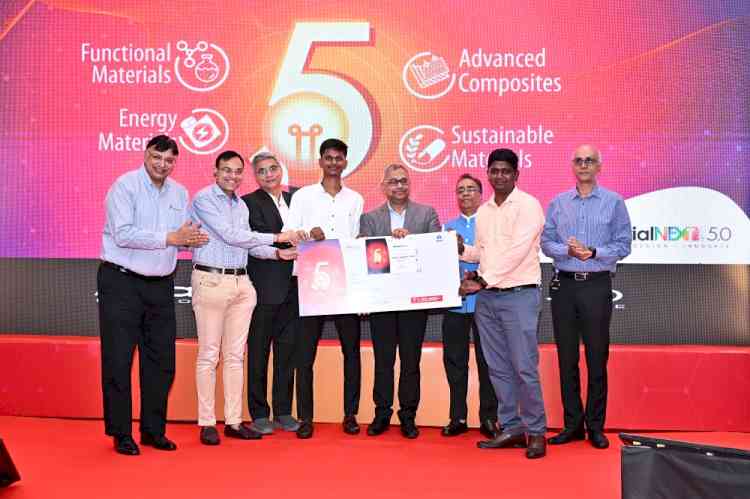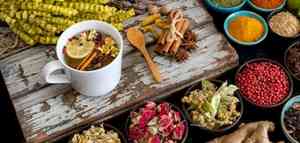PU, NBGAR & NDRI to conduct joint research for identifying health effects of milk proteins
Author(s): SK VyasChandigarh, April 3, 2015: Scientists of Panjab University (PU), Chandigarh, National Bureau of Animal Genetic Resources (NBGAR) and National Dairy Research Institute (NDRI), Karnal have joined hands to conduct multi-intuitional...

Chandigarh, April 3, 2015: Scientists of Panjab University (PU), Chandigarh, National Bureau of Animal Genetic Resources (NBGAR) and National Dairy Research Institute (NDRI), Karnal have joined hands to conduct multi-intuitional research project that would identify health benefits of A2 vs. A1 milk proteins.
An amount of Rs 2.7 Crores has been sanctioned under the National Agricultural Science Fund (NASF) of Indian Council of Agricultural Research (ICAR), New Delhi to conduct this important study.
Prof Rajat Sandhir from the Department of Biochemistry, Panjab University, Chandigarh, Dr Monika Sodhi from NBAGR and Dr Ashok Mohanty from NDRI would be part of the important multi-intuitional research project.
The work for the project would be carried out jointly with the National Bureau of Animal Genetic Resources (NBGAR) and National Dairy Research Institute (NDRI), Karnal.
Cow milk is regarded as nature perfect food, providing an important source of nutrients including proteins, carbohydrates and essential minerals and vitamins. Among the major proteins present in milk, beta casein has many variants. Out of these A1 or A2 variants are the most common. The prevalence of the A1 and A2 beta-casein protein varies in various cattle types. It is believed that A1 milk is harmful compared to A2 milk.
However, to date there has not been enough evidence to demonstrate that A1 milk is harmful compared to A2 milk. Some reports suggest that the Indigenous Cattle have A2 milk proteins which suggest milk from native Indian Cow is better.
The project is one of the first that would identify different beta casein gene variants across Indian native, exotic and crossbred cattle populations. In addition, association
of intake of A1 or A2 milk with various health conditions (diabetes, chronic heart disease, gastro-intestinal and neurological or immunological disorders) would be investigated. / (SK Vyas, Jalandhar)

 cityairnews
cityairnews 
















